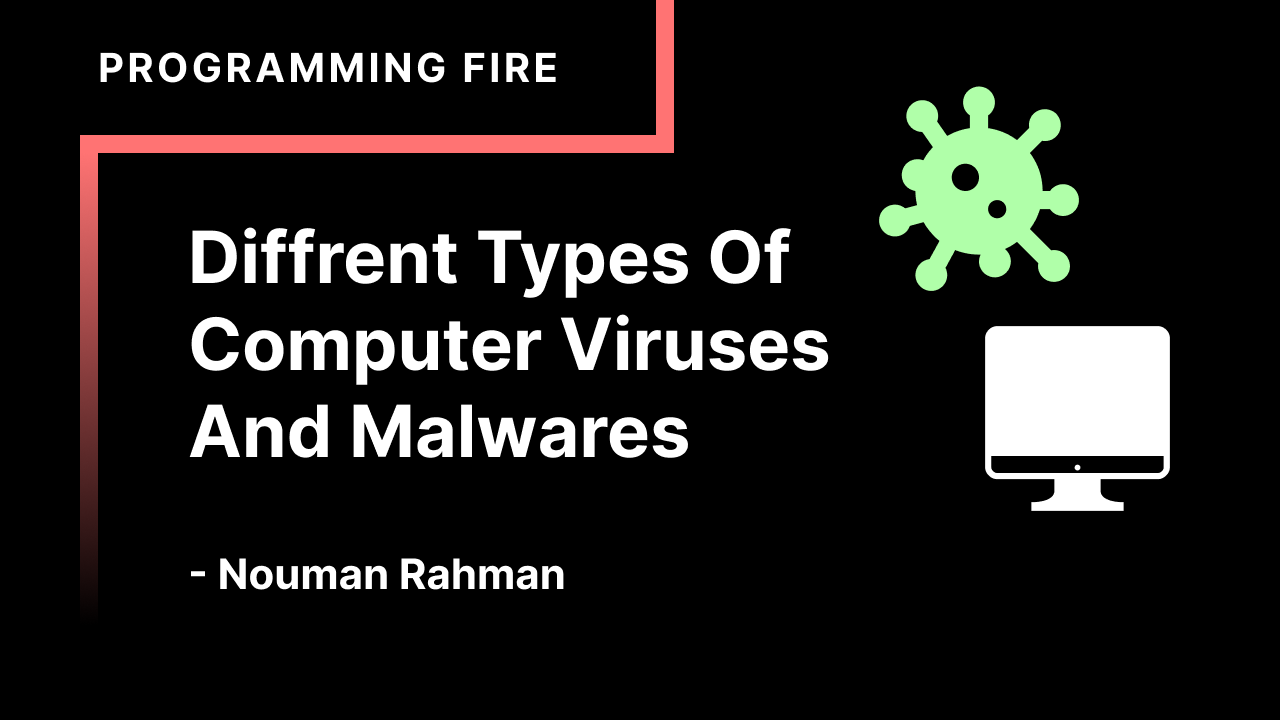Types Of Computer Viruses
 Nouman Rahman
Nouman Rahman
Popular Computer Viruses
- Trojans
- Spyware
- Adware
- Ransomware
- Keyloggers
- Rootkits
- Worms
Trojans
A Trojan, is a type of malicious code or software that looks legitimate but can take control of your computer. A Trojan is designed to damage, disrupt, steal, or in general inflict some other harmful action on your data or network. A Trojan acts as a bona fide application or file to trick you.
Spyware
Spyware is a type of malicious software -- or malware -- that is installed on a computing device without the end user's knowledge. It invades the device, steals sensitive information and internet usage data, and relays it to advertisers, data firms or external users.
Adware
Adware (or advertising software) is the term used for various pop-up advertisements that show up on your computer or mobile device. Adware has the potential to become malicious and harm your device by slowing it down, hijacking your browser and installing viruses and/or spyware.
Ransomware
Ransomware is a type of malicious software (malware) that threatens to publish or blocks access to data or a computer system, usually by encrypting it, until the victim pays a ransom fee to the attacker. In many cases, the ransom demand comes with a deadline.
Keyloggers
Keyloggers are activity-monitoring software programs that give hackers access to your personal data. The passwords and credit card numbers you type, the webpages you visit – all by logging your keyboard strokes. The software is installed on your computer, and records everything you type.
Rootkits
A rootkit is a malicious software bundle designed to give unauthorized access to a computer or other software. Rootkits are hard to detect and can conceal their presence within an infected system. Hackers use rootkit malware to remotely access your computer, manipulate it, and steal data.
Worms
A computer worm is a type of malware whose primary function is to self-replicate and infect other computers while remaining active on infected systems. A computer worm duplicates itself to spread to uninfected computers.
Subscribe to my newsletter
Read articles from Nouman Rahman directly inside your inbox. Subscribe to the newsletter, and don't miss out.
Written by

Nouman Rahman
Nouman Rahman
13 Years Old • Full-Stack Developer • Software Engineer • Rustacian • YouTuber • Blogger • TypeScript, Cloud, DevOps, Rust, Networking, Web